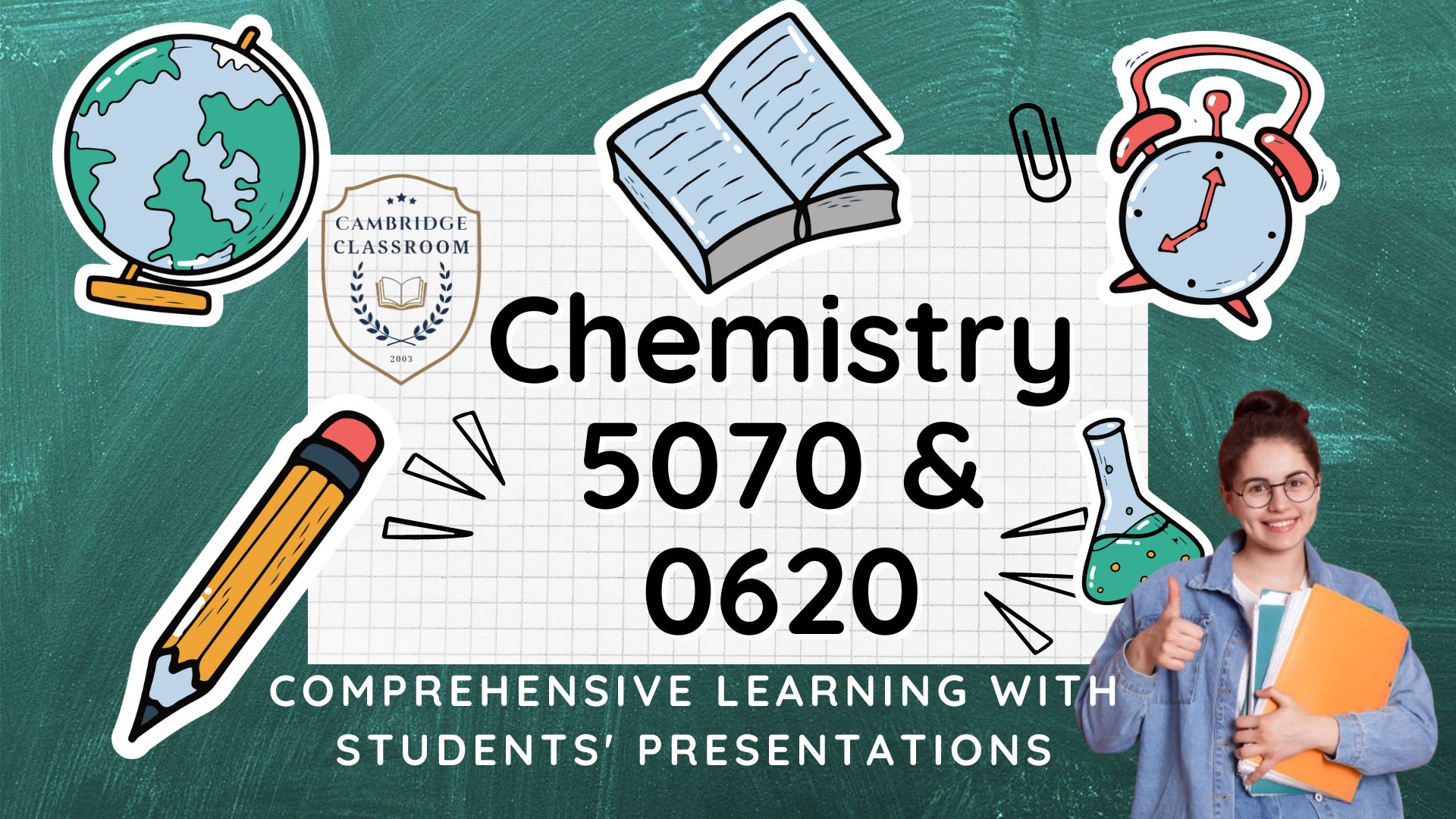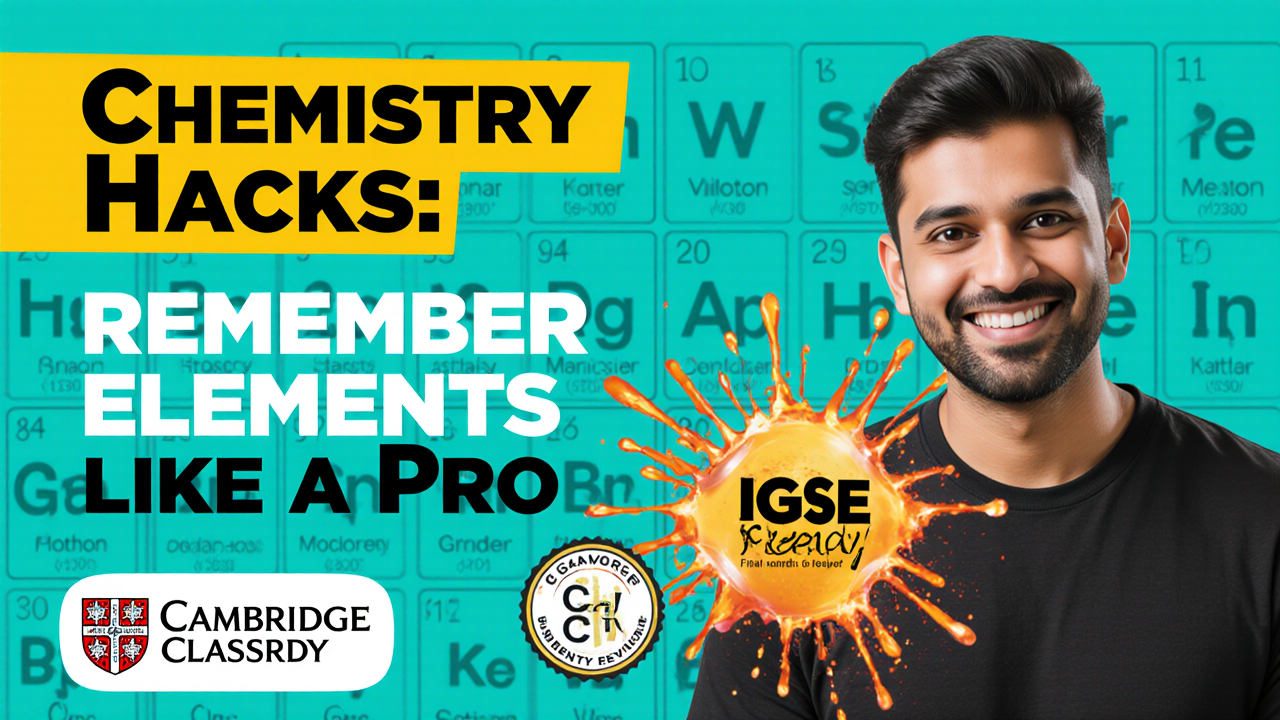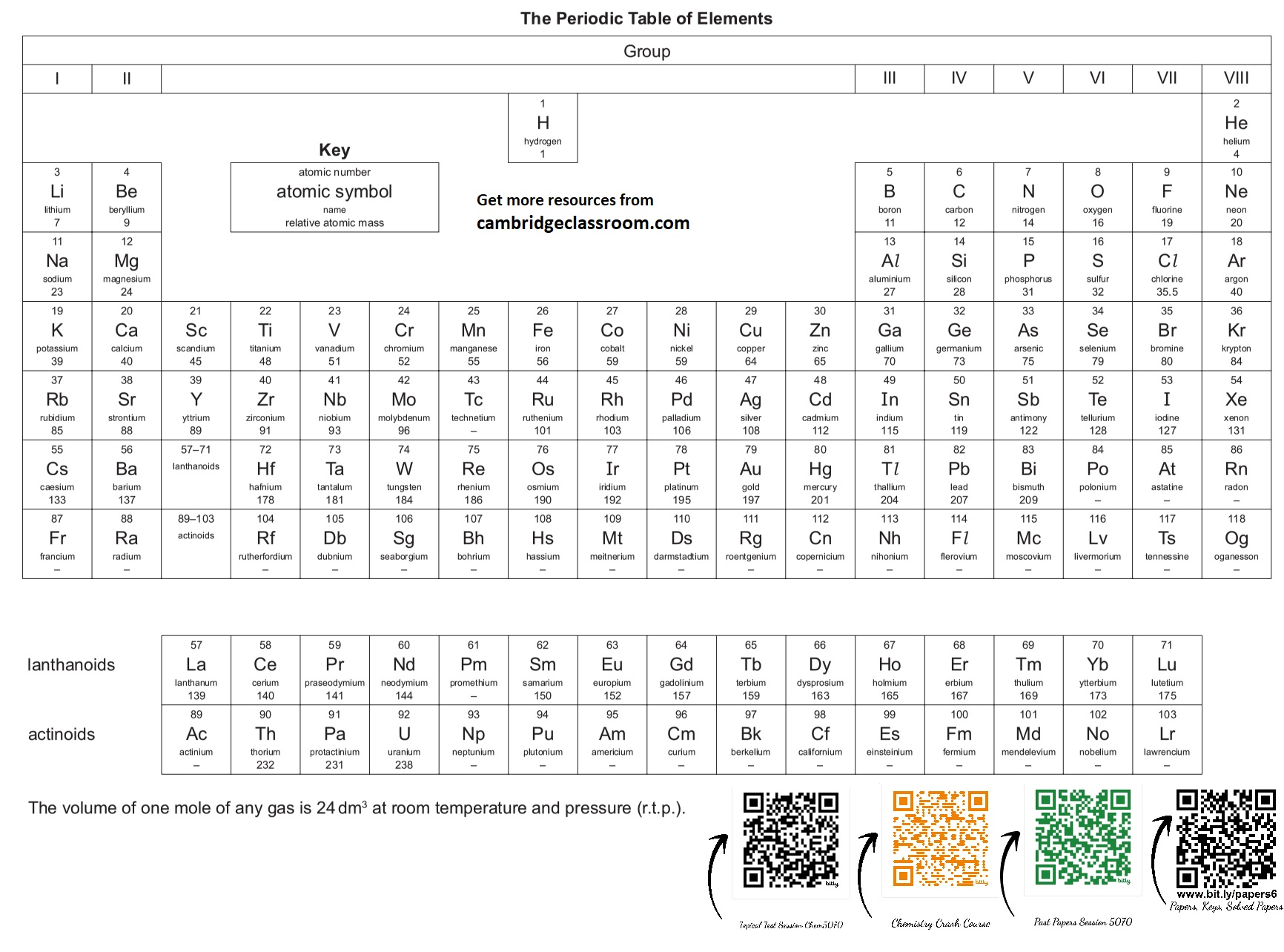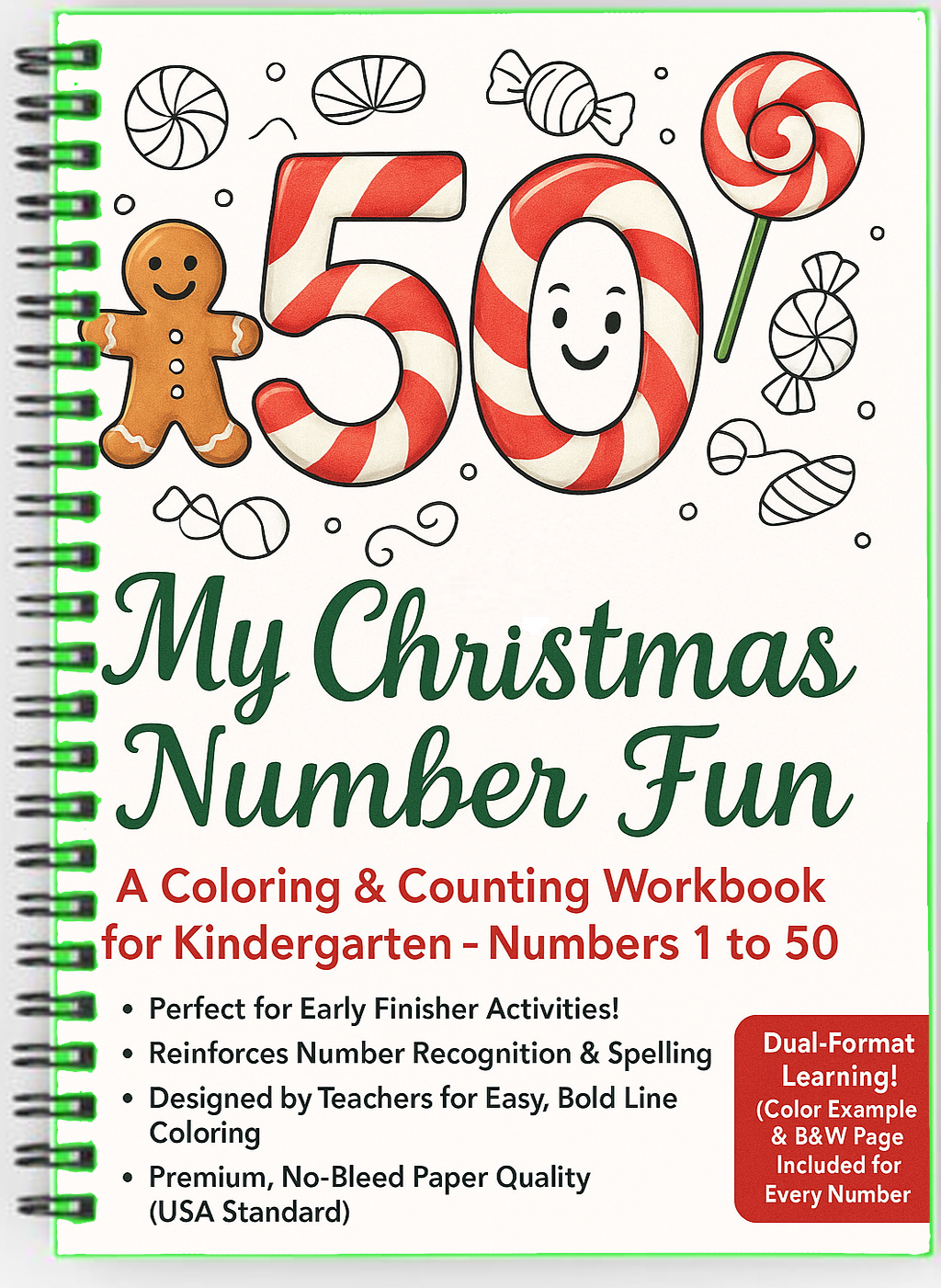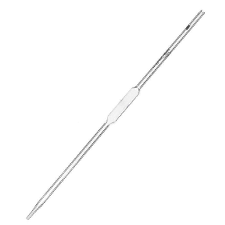Ultimate Chemistry Pack 2025 — Notes, Past Papers & Crash Course (O Level 5070 & IGCSE 0620)
A single-page, publisher-ready resource that bundles Save My Exams-style notes, detailed topic PDFs (Bonding, Stoichiometry, Organic, Electrolysis, Energetics), past papers with mark schemes, ATP/practical guidance, MCQs and a fast-track crash course — all optimized for 2025 exams and ready for WordPress.
Click to open the hubs — chapter PDFs, official syllabus, past papers, practical guidance, MCQs and crash course pages are linked below.
Start now: This all-in-one pack includes Save My Exams-style notes for O Level Chemistry (5070), IGCSE Chemistry (0620) equivalents, Bonding PDFs, Stoichiometry worked examples, Organic reactions cheat-sheets, Electrolysis quick-guides, practical (ATP) templates and high-ROI past-paper practice. Use it with the included crash course to accelerate to an A★.
What this page covers (click to jump)
- Chemical Bonding — Complete Notes & PDF
- Stoichiometry & Mole Concept — Notes & Worked Examples
- Acids, Bases & Salts Notes
- Organic Chemistry Pack — Alkanes, Alkenes, Alcohols, Polymers
- Electrolysis & Electricity
- Experimental Techniques & Practical (ATP)
- Energy Changes & Rates
- Past Papers & Mark Schemes
- MCQs & Quick Quizzes
- Crash Course — Fast-Track A★
- Study Plan & Roadmap
- FAQ & Schema
Chemical Bonding — Complete Notes & PDF
Master ionic, covalent and metallic bonding with concise Save My Exams-style notes and labeled diagrams. Learn to explain properties using bonding language — key for both O Level 5070 and IGCSE 0620.
- Topics: electron transfer, dot & cross diagrams, lattice structures, giant covalent substances, delocalised electrons.
- Exam trick: Always include charge & state symbols when describing ionic compounds in equations.
Open the bonding notes and PDF: Chemical Bonding — Notes & PDF
Stoichiometry & Mole Concept — Notes, Worked Examples, PDF
Stoichiometry is high-yield: mole calculations, empirical formula, reacting masses, concentration and gas volumes. Our notes include step-by-step worked examples with method marks highlighted.
Method beats memorization — show n = m / Mr, then convert, then ratio. Always box final value with units.
Complete stoichiometry notes: Stoichiometry & Mole Concept — PDF
Acids, Bases & Salts — Notes & Titration Walkthrough
One of the most-tested topics. Our notes include pH scale rules, indicators cheat-sheets, step-by-step titration calculations, and salt-preparation methods (neutralisation, precipitation, acid + metal/oxide).
Open acids & bases notes: Acids, Bases & Salts — PDF
Organic Chemistry Pack — Alkanes, Alkenes, Alcohols, Polymers
Clear mechanisms, general formulas, naming rules, and common reactions. The pack includes cracking diagrams, polymerization notes and functional group tables for rapid recall.
Open organic notes: Organic Chemistry — Notes & PDF
Electrolysis & Electricity — Quick Guides
Electrolysis questions require logic: predict products by checking ion reactivity and concentration. Our Save My Exams-style notes show decision trees for aqueous vs molten salts and include electroplating examples.
Open electrolysis notes: Electrolysis Guide & Notes
Experimental Techniques & Practical (ATP) — Templates & Checklists
Practical marks are gained by good method description and error analysis. Download practical templates for titration, chromatography, filtration/crystallization, and data-evaluation examples ideal for ATP.
Practical/ATP guide: Salt Preparation & Practical Methods — and: Extraction of Metals Practical
Energy Changes & Rates of Reaction — Diagrams & Calculations
Understand energy profiles, ΔH calculations (bond energies), activation energy, and collision theory. Notes include labelled diagrams and sample energy cycle problems.
Energetics notes: Energy Changes — Notes
Past Papers & Mark Schemes — Timed Practice & Examiner Reports
Practice with year-wise past papers and marking schemes. Use examiner reports to learn typical candidate errors and examiner preferred phrasing.
Open Past Papers Library: Past Papers & Mark Schemes
MCQs & Quick Quizzes — Daily Drills for Paper 1
Short MCQ sets (20–30 questions) boost recall speed. The CambridgeClassroom MCQs are modelled on Save My Exams style and include instant feedback and explanations.
Full Crash Course — Fast-Track to an A★
Join the fast-track course for structured video lessons, weekly live Q&A, timed past-paper practice and personalised marking feedback. Ideal for students who need to convert knowledge into exam technique quickly.
Study Plan & Roadmap — 12 Weeks (Student-Proven)
- Weeks 1–3: Bonding, atoms, periodic trends — use notes + 2 targeted past papers.
- Weeks 4–6: Stoichiometry, energetics, rates — focus on calculations and mark-scheme phrasing.
- Weeks 7–8: Organic & metals — reactions, extraction, polymerization.
- Weeks 9–10: Practical/ATP and MCQ blitz — daily timed sets.
- Weeks 11–12: Full timed past papers, final formula sheet, exam-day checklist.
Tip: Combine spaced repetition (notes), active recall (MCQs), and applied practice (past papers) for the fastest gains.
Resource Matrix — Quick Access
| Resource | Why it helps | Open |
|---|---|---|
| Notes Hub (All Chapters) | Downloadable, syllabus-aligned PDFs | Open |
| Bonding Notes | Exam phrasing & diagrams | Open |
| Stoichiometry | Step-by-step worked examples | Open |
| Past Papers | Exam practice + marking schemes | Open |
| Practical/ATP | Experiment templates & error analysis | Open |
| MCQs | Daily drills & quick tests | Open |
| Crash Course | Guided revision & expert marking | Join |
Frequently Asked Questions
Are Save My Exams-style notes free to download?
Many Save My Exams-style notes are free on CambridgeClassroom — the Notes Hub contains chapter-wise downloadable PDFs and printable summary sheets.
Do I need both O Level 5070 and IGCSE 0620 notes?
5070 and 0620 overlap a lot. Use the 5070-specific notes for O Level candidates and the 0620 equivalents when preparing for IGCSE — the core concepts are the same, but paper styles may differ.
How many past papers should I do before the exam?
Aim for at least 10 full past papers (timed) plus topic-level practice. Focus on marking your answers against schemes and correcting mistakes immediately.
Ready to start?
Download the notes hub, run the 12-week plan, join the crash course if you want guided help, and practise past papers under timed conditions.

